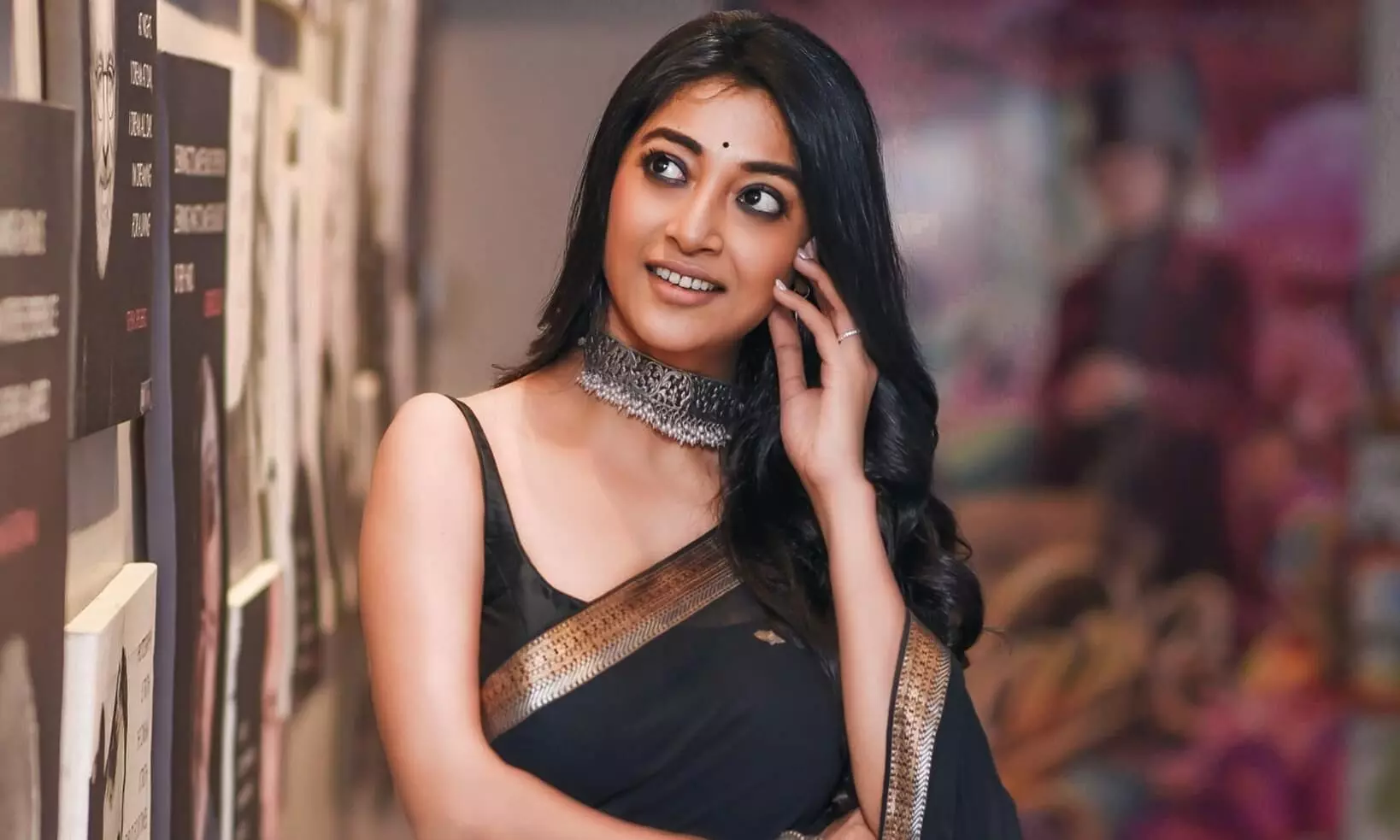‘Turned down many regressive and misogynistic scripts’
Paoli Dam had a disturbing experience playing a domestic violence victim in ‘Kaberi’

Since the beginning of her career, actress Paoli Dam has mostly played strong-minded women. Whether it’s Madhabilata in ‘Kaalbela’, which catapulted her to fame, Ela in ‘Elar Char Adhyay’ or Pritha in ‘Konttho’, her characters are usually full of strength. Even though she has played docile roles, Paoli found it hard to take on Kaberi in her Bengali web debut. The reason was simple: Kaberi is a victim of domestic violence. Although she is educated and works, Kaberi still suffers in silence and Paoli just can’t connect with the character. From pushing for stronger laws to protect women to rejecting regressive roles, ‘Millennium Post’ chats with Paoli.
During COVID, many countries reported a rise in domestic and intimate partner violence, with many cases going unreported to health professionals or legal authorities. When you played a domestic violence victim in your debut Bengali web series ‘Kaberi’, what was going through your mind?
(Cuts in) First of all, I couldn’t relate to this. Throughout my career, I’ve mostly played strong-willed characters - women with independent minds who are powerful and defied societal norms. I believe in those roles and have spoken about women’s empowerment through my cinema. The only exception was Binodini in ‘Bulbbul’, set in the 1880s Bengal presidency, where my character succumbed to patriarchy. I can understand why Binodini didn’t protest back then, but why couldn’t Kaberi? She is today's woman. Before accepting the role, I asked myself so many questions. I even questioned the director and writer - why doesn’t she do anything? But then, they informed me that research shows women can’t always speak up. They’ve become so used to normalising the abuse, they feel it’s habitual. They also worry about what society will think.
There’s a common misconception that domestic violence only happens in rural areas.
This issue really needs to be addressed. We often assume it only happens in rural areas and that’s one reason I chose to do this series. I felt it was important to speak about it. Kaberi is a working woman, a teacher yet she suffers. If we can inspire even one woman to come forward and talk about her experience with domestic violence, then I’ll feel I’ve done my job well.
How was it getting into the mindset of Kaberi?
I shot ‘Kaberi’, which will stream on ‘Hoichoi’, over 15 days and it was very difficult to get into that space. It’s a dark and deeply disturbing place. After finishing, I felt a sense of relief.
After ‘Palaan’, ‘Charlie Chopra’ and ‘Ektu Sore Bosun’, you took some time to decide your next step. After ‘Kaberi’, you will be seen in ‘Julie’.
Yes, I have two back-to-back releases now and I enjoyed working on these web projects. ‘Kaberi’ is my Bengali web debut and I am excited to see how the audience reacts to it. The release of ‘Chhaad: The Terrace’ is delayed. Also, last year, I didn’t like many of the scripts I was offered - they felt regressive and misogynistic. So, I turned them down. Then, I have ‘Paharganj Halt’. The work I’ve been doing required physical transformation, especially for ‘Julie’ where I play a sex worker-turned-politician. I’ve taken this time to focus on subjects that I feel connected to. I’m also working on a new Bengali film with Ram Kamal Mukherjee.
On women’s safety and rights
According to the National Family Health Survey (NFHS) 2019-2021, 29.3 percent of married Indian women between the ages of 18 and 49 have experienced domestic or sexual violence. A rape occurs every 16 minutes in India. This patriarchal mindset and male superiority, along with the desire for control - do you think there’s a solution?
There are two things. First, any type of abuse, whether normalised or accepted, is still a crime. So, stricter laws need to be implemented in favour of women. Second, we need to keep addressing these issues through our work, so there’s continuous discussion. Through these discussions, a discourse can develop. But if the conversation stops, nothing will change.



